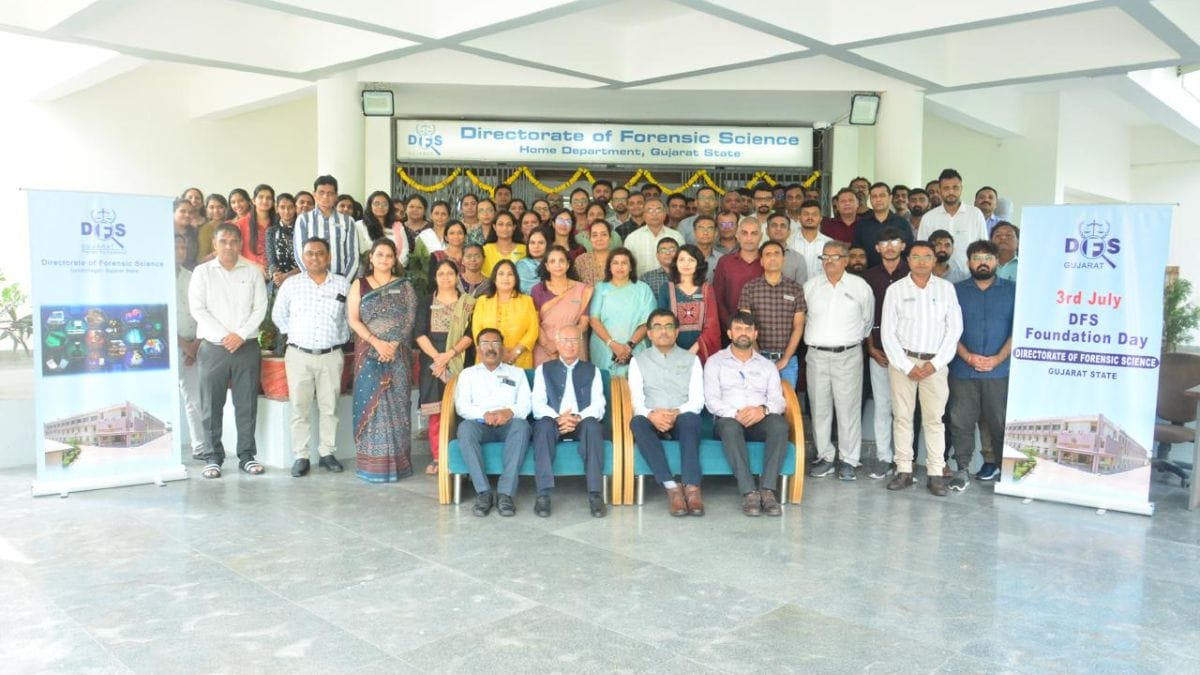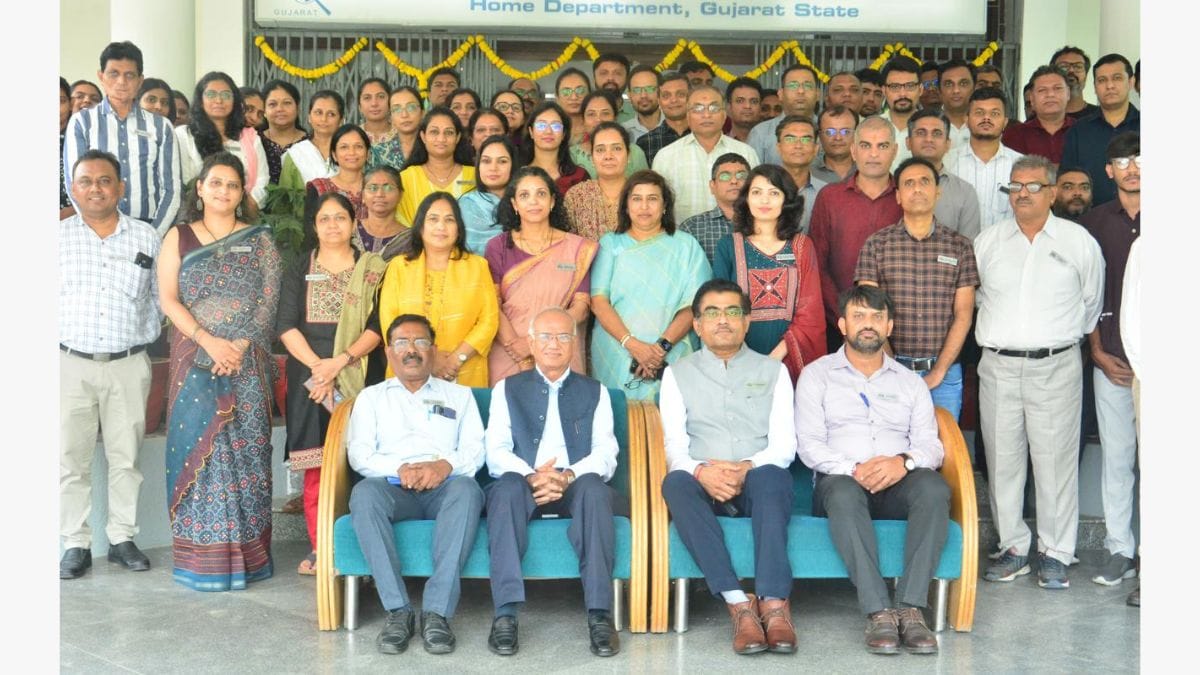Forensic Science Powers Justice: Innovations and Impact by Gujarat’s DFS Units

Gandhinagar (Gujarat) [India], July 4: Gujarat’s Directorate of Forensic Science (DFS) continues to demonstrate its pivotal role in modern crime investigation and national security through advanced forensic capabilities. On the occasion of the 23rd Foundation Day of DFS, several landmark contributions were highlighted, showcasing the state’s scientific leadership in areas like drone forensics, DNA identification, fingerprint-DNA correlation, and forensic psychology.
Drone Forensics: Tracing Crime from the Skies
With the increasing misuse of drones in criminal and terrorist activities, Gujarat’s Forensic Science Laboratory (FSL) has developed a comprehensive drone forensics framework. Through detailed forensic examination and analysis of drone hardware, flight data, and radar logs, investigators can now identify the perpetrators and unravel how the drone was used in the crime. This capability has become critical in modern-day crime-solving, especially in terrorism-related cases.
Fastest DNA Forensics in Action: Air India 171 Case
The DNA division of DFS played a crucial role in the high-profile Air India 171 plane crash of 2025. Despite facing complex challenges and biological testing constraints, the department responded with speed and scientific rigor. By adopting innovative methods and protocols, the division delivered one of the fastest DNA identification operations in the world. These breakthroughs were shared through presentations and discussions during DFS’s Foundation Day, underlining India’s forensic readiness.

Fingerprint and DNA Evidence – Dual Approach to Justice
A milestone in evidence-based crime-solving is the ability to extract both fingerprint and DNA evidence from a single article. This dual-methodology, developed and implemented by DFS experts, significantly strengthens the identification and conviction process. The method ensures that no evidence is left behind, and each clue contributes to establishing the criminal’s identity.
Forensic Psychology and the Terrorist Mind
At the NMK Forensic Psychology Division, in-depth psychological profiling was conducted on 16 individuals associated with various terrorist organizations. The study identified six dominant factors behind their radicalization. All subjects showed extreme religious ideology and jihadist beliefs. Many expressed guilt feelings and emotional deprivation, with younger terrorists often influenced by militant appearances. The report strongly recommends counseling and deradicalization efforts as vital tools for preventive counter-terrorism strategies.
Post-Terror Trauma Care: Psychological Support after Pahalgam Attack
In the aftermath of the Pahalgam terrorist attack, the DFS’s psychology division worked with government agencies to deliver immediate Post-Traumatic Stress Counseling (PTSD) to bereaved families of victims. This timely intervention helped affected individuals begin emotional recovery and cope with the devastating loss. The initiative is a model for trauma response systems across the nation.
NFSU & DFS: India’s Forensic Pride
The achievements of Gujarat’s DFS are not only a matter of state pride but a gift to the global forensic community. With the National Forensic Sciences University (NFSU) as its academic and research arm, India has become a beacon in forensic science. The Vice Chancellor of NFSU, in his Foundation Day remarks, emphasized that the synergy between academia and investigation agencies is shaping the future of forensic excellence.
From air crashes to counter-terrorism, from drone crimes to trauma recovery, the Gujarat forensic ecosystem continues to lead with innovation, integrity, and impact.
If you object to the content of this press release, please notify us at pr.error.rectification@gmail.com. We will respond and rectify the situation within 24 hours.








